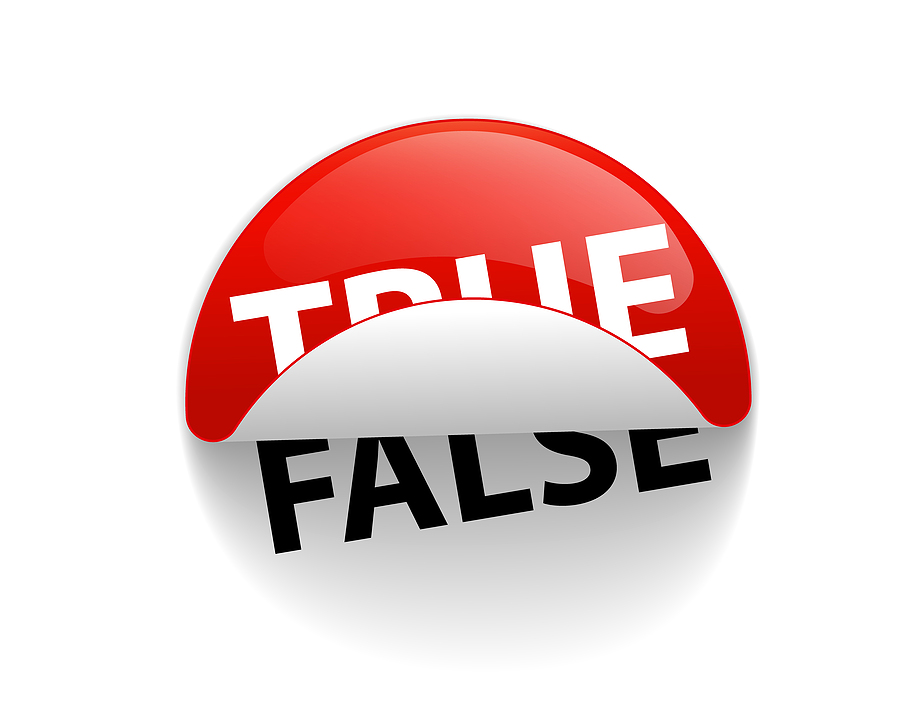Several years ago, I reviewed a proposal on a subject commonly addressed in Christian books and quickly noticed it was not entirely original.
It wasn’t plagiarized from another author, but the proposed nonfiction book was comprised almost entirely of the best-thinking from other Christian authors on the subject. There was little original thinking by the author. The material quoted from other books was properly attributed, but it was much more of a graduate-school thesis or a summary of existing material on the subject.
I began to wonder what this author would say if they were interviewed in the media about their book since most of it was not from them!
Often academic books are structured in the same way, as the author uses other sources to give additional credibility to their own ideas and premise, or to show alternate approaches to the subject, which help readers think through various subjects on their own.
In consumer nonfiction, publishers want mostly original thinking and observations. Material from other sources is used sparingly to support points. Of course, for Christian writers, the frequent use of Scripture to illustrate and clarify is encouraged.
On a related issue, if you quote someone in your book, it needs to be the original quote, not “As (author name) quoted C.S. Lewis ….” Quoting someone who quoted someone or, worse, quoting someone who quoted someone quoting someone is not acceptable. (Yes, I meant to write that.)
When writing nonfiction, you need be confident enough in your position to be quoted straight up by someone else. This begins with author qualifications to write. At some point, they need to carry enough credibility to be quoted, with their credentials supporting their position.
However, great care is needed if a writer wants to venture into “original theology.” Editors (and, I might also add, agents) at Christian publishers have their antennae up for it, since new theology is always in error. Original thinking only goes so far when it comes to the Bible. Sure, we want a clear explanation of what the Bible says; but trouble is brewing when an author leaves Scripture far behind at the rest stop on the road to making their point.
To battle this direction, aspiring pastors and church-ministry workers who attend seminary are exposed to biblical languages. As they unpack a passage for their congregation, they support their points with knowledge of the original text. Many Christian authors find themselves returning to school to bolster their theology with proper methods of exegesis.
Your original thinking should be backed up by eternal thinking. The Bible is the best source of credibility for any book, so quoting it frequently has no downside. (Actually, the most dangerous part of any sermon is when the preacher closes the Bible and keeps talking!)
Be original as much as possible, because you are the expert with book-writing-level knowledge of a subject.
And by the way, “original” writing is not adding two more love languages Gary Chapman hasn’t thought of yet.
You can write anything you want and use whatever method assembling your manuscript you prefer. But in general, publishers (and agents) are looking for your voice and thoughts, not someone else’s thinking.
This doesn’t mean you never quote or refer to another work. But as much as possible, make every effort to create original material that someone else might quote in their book years in the future.











